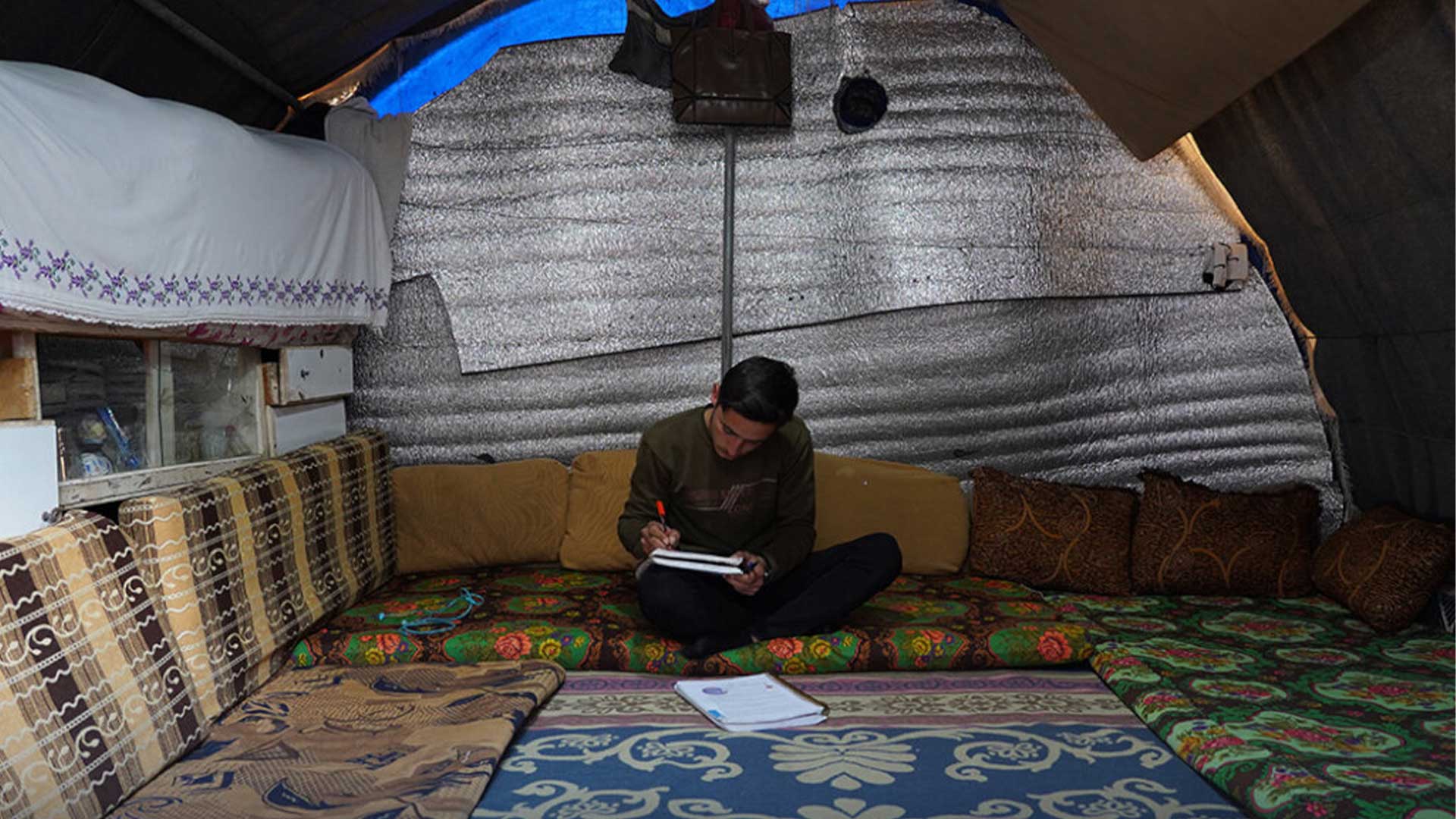Primary defense mechanisms are unconscious or indirect psychological strategies individuals use to protect themselves from unwanted feelings or psychological threats.
Defense mechanisms are an inherent part of our psyche, helping us cope with emotions that might be harmful or shocking. These mechanisms can be used to avoid embarrassing situations, reduce personal stress, or protect one’s self-image. People exhibit different behaviors when facing danger or the anticipation of it. These behavioral differences stem not only from individual experiences but also from varying circumstances, subconscious elements, personal abilities, personality traits, and diverse motivations.
In this article, we will discuss how psychological defense mechanisms are used to shield the self from pressures and negative emotions. Discover the different types of defense mechanisms and how they influence our actions and daily interactions in the face of challenges.
The Meaning of Psychological Defense Mechanisms
When a person faces actual or anticipated danger, they encounter numerous and varied threats. These threats can appear simple, like certain challenges, or complex and profound, affecting the core of one’s personality. The responses to such threats can vary:
- Strengthening oneself to face the danger.
- Surrendering when one’s defenses are insufficient.
- Attempting to relieve internal pressure caused by the sense of danger.
- Resorting to other defensive strategies.
Therefore, we say that psychological defense mechanisms are varied. However, they share at least one common denominator: their primary purpose is to defend the self against some form of threatening danger.
The idea of defense became clear in Freud’s early writings, where he mentioned that the self-adopts a defensive stance when it cannot respond to an internal or external stimulus. Freud particularly emphasized the role of the unconscious in this process.
Freud stated that defense is a clear psychological phenomenon aimed at protecting the self from pain or threat, with repression being one of its manifestations.
Hence, psychological defense mechanisms refer to a set of behaviors individuals’ resort to in their quest to satisfy a need hindered by obstacles, face actual danger, or anticipate potential threats.
Types of Psychological Defense Mechanisms
Repression
Repression is a primary and simple defense mechanism. In everyday life, we transition from one activity to another by ceasing the first to engage in the second. For instance, a student in the schoolyard during recess may stop singing when surprised by a teacher’s presence. Repression can also be mental; for example, someone suddenly frustrated may appear unable to think or distinguish anything temporarily. Similarly, an individual facing a sudden threat might exhibit repression.
Suppression
Suppression involves deliberately restraining an impulse perceived as dangerous to the individual. It is a socially significant defensive behavior, such as remaining silent in the face of an insult to maintain dignity and status despite internal distress. Suppression is often seen as a symbol of willpower and moral strength, reflecting societal norms and the respect we gain through silent endurance.
Denial
Denial is a defense mechanism that sometimes manifests as a refusal to accept reality causing tension. It is common in childhood, where a child may deny the absence of a mother by claiming she is in another room. Although less frequent in adulthood, denial can still occur in intense emotional situations where an individual needs to defend against psychological breakdown, such as a mother denying the death of her child by treating a doll as if it were the child.
Repression
Repression refers to the ability to control strong instinctual drives when other methods prove ineffective, making it one of the most dangerous mechanisms. It can metaphorically shackle one’s personality, such as when an individual represses aggressive feelings in a peaceful society or suppresses sexual feelings in a society that prohibits such discussions.
Repression is a defense mechanism or an adaptive strategy. It differs from denial in that we do not deny the existence of a stressor but work to hide our emotional response to it. Repression is distinct from suppression:
- The threat to the self is more severe in repression than in suppression.
- The connection between the drive and instinctual forces is stronger and deeper in repression.
- The duration of what is repressed is longer than in the case of suppression.
- The accompanying elements in repression are more numerous and profound than in suppression.
Repression is a form of subterfuge rather than a constructive solution. It does not resolve a problem but confines it within boundaries.
Projection
Projection frequently manifests as blaming others for our mistakes or shortcomings. For instance, a student might blame the teacher or the test format to defend against exam failure. Projection also occurs when individuals attribute their disliked traits or motives to others, such as a miser accusing others of stinginess or a coward accusing others of cowardice. This serves to bolster self-esteem and gain respect from others.
However, projection can be dangerous. When taken to extremes, it can lead to consistently blaming others, attributing misfortunes to luck, conspiracy, or hidden forces.
Rationalization
Rationalization, or justification, involves trying to “rationalize” behavior or explain it with seemingly reasonable and acceptable reasons, while the actual reasons are emotional. It is often used to defend against failure to achieve a desired goal.
For example, when someone commits a mistake and is asked to account for their actions, they might claim they were not themselves or unaware of their actions. The self is in a defensive state, seeking reassurance and escape from painful internal conflicts, using rationalization to end disputes.
Rationalization serves its defensive function in two ways:
- It helps individuals rationalize their actions within their beliefs and in response to others’ beliefs.
- It helps reduce frustration related to unattainable goals.
While rationalization helps alleviate frustration, excessive use can disrupt personality balance, leading individuals to accept false beliefs and various forms of delusion despite their inherent contradictions.
Identification
Identification involves emulating others, often when we admire traits, they possess that we lack or desire. It is seen when a person, asked for their name, responds with their name and their association with an initiative like Masarat. Identification means seeking similarity with others, such as a son emulating his admired father or a daughter imitating her esteemed mother. This defensive behavior helps display competence and achieve social status.
However, like other primary defense mechanisms, identification can lead to extremes. In severe cases, it manifests as identifying with historical figures or fictional characters, such as claiming to be a prophet, hero, or genius from the past.
Dear reader, have you experienced any of these psychological defense mechanisms? Remember, these mechanisms indicate normal behavior rather than abnormality but can become pathological when overly developed.
Author: Mahmoud Al-Salloum, Leader of the School Education Path at Masarat Initiative







